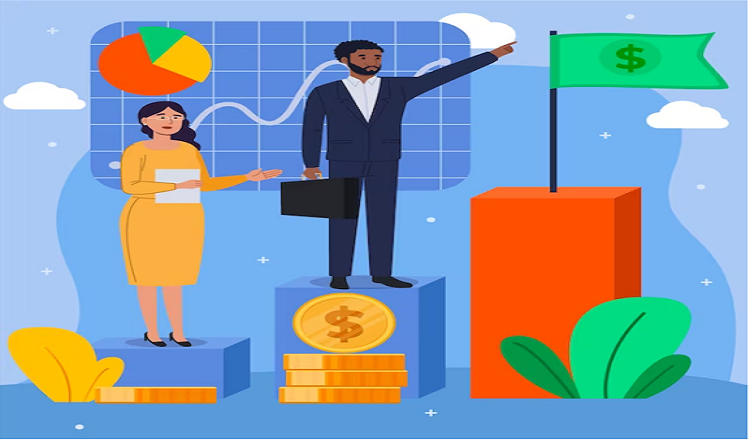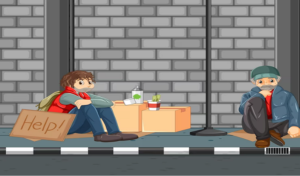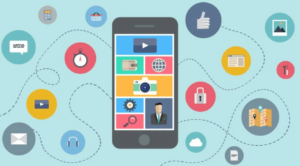Closing the gap effective ways to reduce income inequality

Introduction
Inequality in income has been a controversial topic for a long time. Over time, the gap between the rich and the poor has continued to grow, making society more and more split up. Since most of the wealth is held by the top 1% of earners, we need to find ways to reduce income inequality and make sure that everyone has access to the chances and resources they need to live a decent life.
The Problem of Different Levels of Income
How People Have Too Much or Too Little Money
The unfair division of wealth is one of the biggest problems with income inequality. Most of the money in society is owned by the richest people, leaving very little for the rest of the people. This makes a system where people who already have a lot of money can get even more, while people who are having trouble making ends meet have a hard time getting by.
What it means for health and schooling
The difference in income also has a big effect on health and schooling. Studies have shown that people who live in poverty are more likely to have sadness, obesity, and heart disease, among other health problems. Also, children who grow up in poverty are less likely to have access to a good education, which can limit their future chances and keep them in poverty.
Ways to reduce income inequality that work
Getting the minimum wage higher
Raising the minimum wage is one way to deal with wealth inequality. By raising the minimum wage, we can make sure that workers can make enough money to pay for things like rent, food, and health care. This can give people and families a solid base on which to build a better future.
Taxes that go up in stages
A progressive tax system is another way to reduce income inequality that works well. This would mean putting more taxes on the rich and big businesses while lowering taxes for people and families with low incomes. This can help make sure that everyone gets their fair share and help redistribute wealth in a more fair way.
A Basic Income for Everyone
Universal Basic Income (UBI) is another creative way to reduce the difference in income between people. This means giving every person a guaranteed income that is enough to pay for basic needs. UBI could be a safety net for people who are trying to make ends meet. It could also encourage people to work and start their own businesses.
More people can get to school and health care
We also need to make sure that everyone has access to good schooling and health care if we want to reduce income inequality. This can help make the playing field more even, giving people and families more chances to improve their economic situations. Programmes like free or subsidised college education and health care for everyone can help make society more fair.
Conclusion
Inequality in income is one of the biggest problems that people face today. Even though it’s a hard problem with no easy answers, there are good ways to deal with it. Options include raising the minimum wage, putting in place a progressive tax system, giving everyone a basic income, and making schooling and health care more accessible. We can close the gap and make society more fair for everyone if we all work together.
Read More You May Like:








